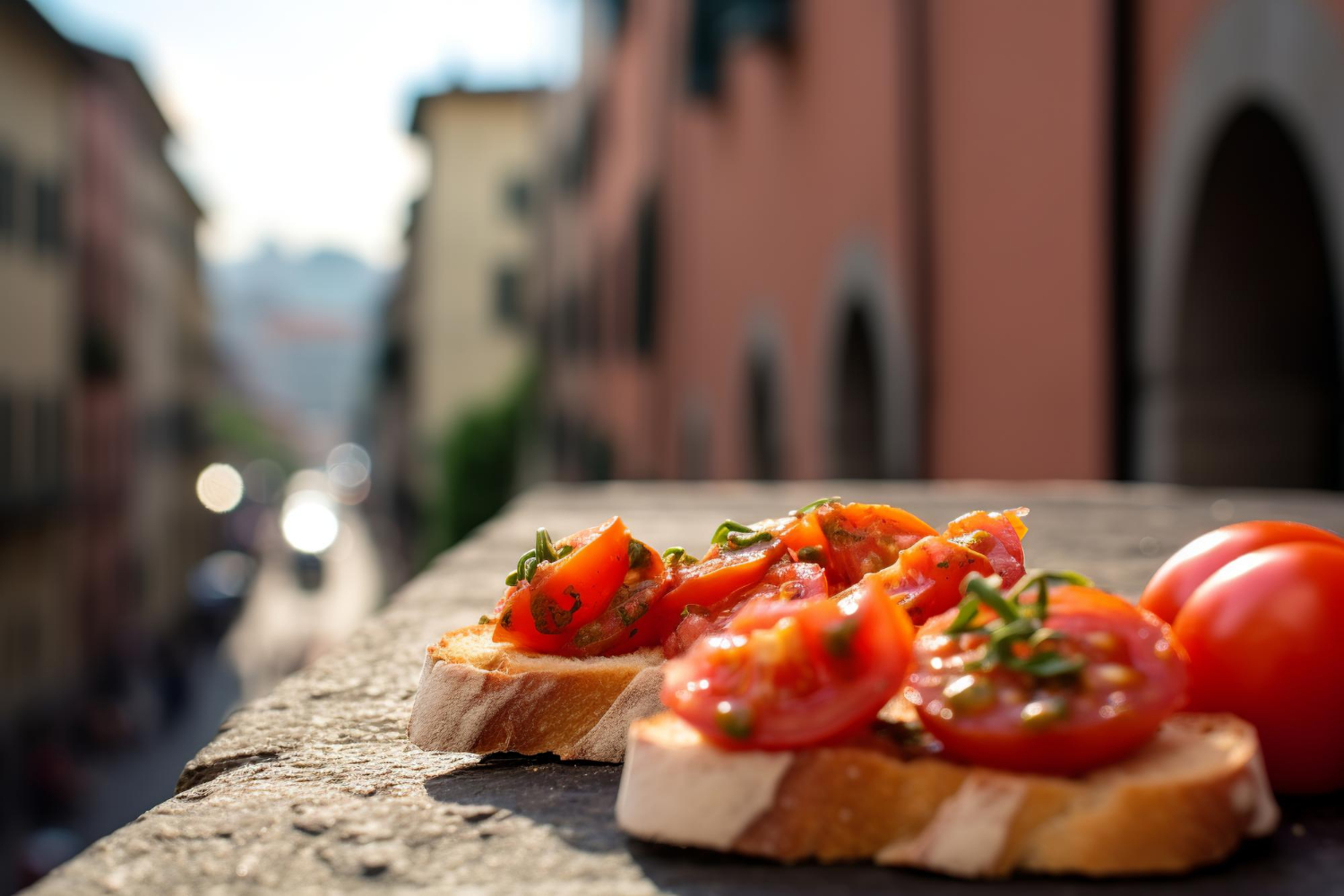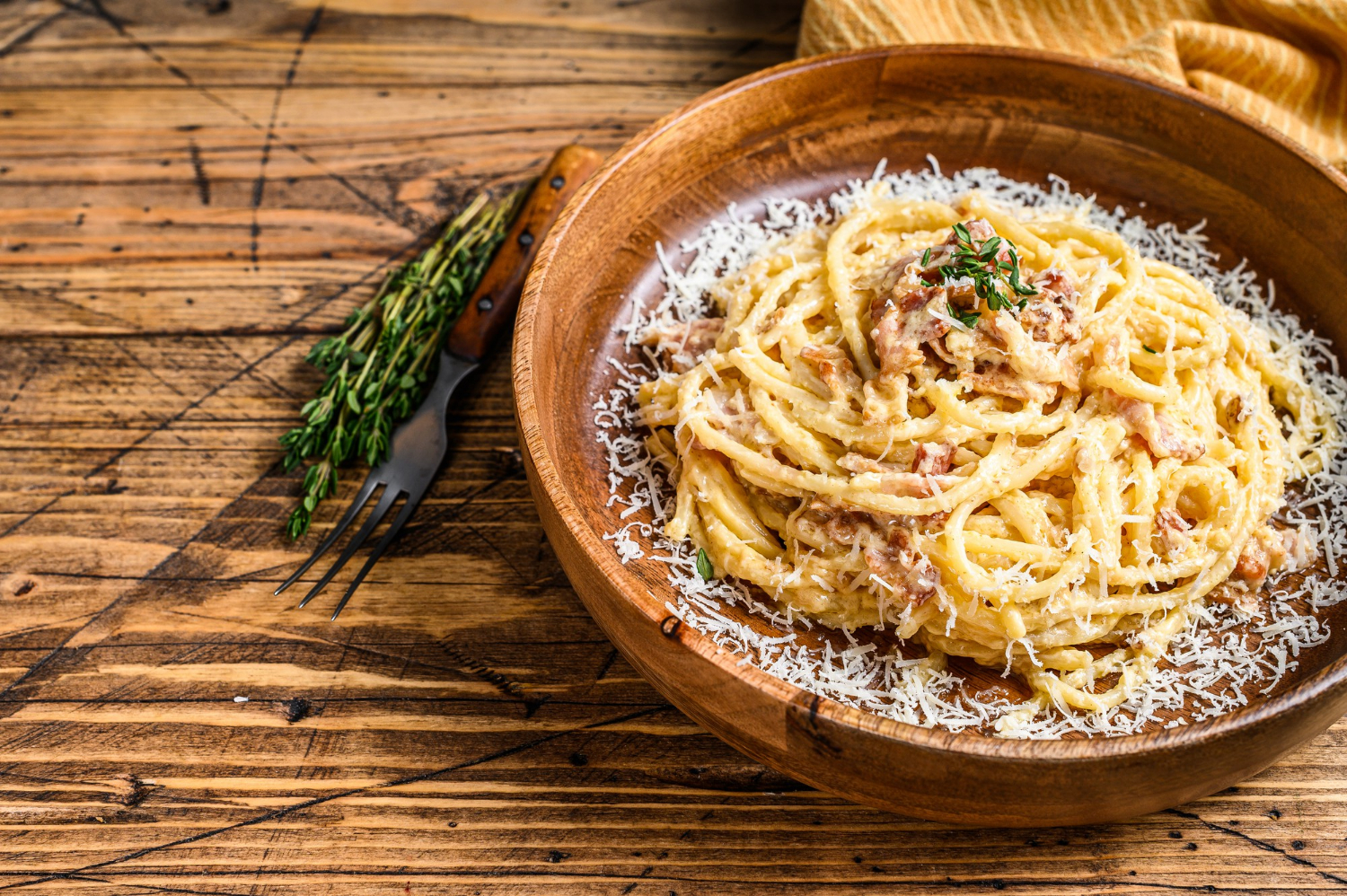Photo: Pixabay
The history of Italian coffee is deeply intertwined with the country’s culture and has become an integral part of the Italian way of life. Italy’s love affair with coffee dates back centuries and has had a profound impact on the global coffee industry. From its humble origins to the birth of iconic coffee houses and the development of unique brewing techniques, Italian coffee has left an indelible mark on the world’s caffeinated beverage of choice.
The story of Italian coffee begins in the 16th century when coffee beans were first introduced to Europe. Venetian merchants, who had established trade routes with the Middle East, brought back coffee beans from their voyages to Constantinople (now Istanbul). Initially, coffee was viewed with suspicion and met with resistance from various religious and political factions. However, its exotic allure soon captivated the Italian aristocracy, and coffee became a symbol of status and sophistication.
Coffee quickly spread throughout Italy, with the first coffeehouse opening in Venice in 1645. These coffeehouses, known as “botteghe del caffe,” became popular gathering places for intellectuals, artists, and the upper class. They served as venues for lively discussions, political debates, and the exchange of ideas. Coffeehouses soon sprung up in other major Italian cities, such as Turin, Milan, and Rome, establishing a vibrant café culture that endures to this day.

Photo: Pixabay
In the mid-18th century, the popularity of coffee in Italy soared with the introduction of the espresso machine. The invention of the espresso machine revolutionized the coffee brewing process, allowing for a quick and concentrated extraction of coffee. This innovation paved the way for the development of espresso, the foundation of Italian coffee culture.
Espresso, derived from the Italian word meaning “pressed out,” refers to the method of brewing coffee by forcing hot water through finely ground coffee under high pressure. This technique produced a rich and intense flavor that quickly captivated the Italian palate. Espresso became the heart and soul of Italian coffee, representing the epitome of craftsmanship and precision in coffee preparation.
The art of espresso-making became an esteemed profession, and the figure of the barista emerged. Baristas, skilled coffee artisans, mastered the art of pulling the perfect shot of espresso. They paid meticulous attention to every detail, from the grind size of the coffee beans to the water temperature and pressure, ensuring that each cup of espresso was a masterpiece in itself.
Italian coffee culture further evolved in the 20th century with the emergence of iconic Italian coffee brands. Companies like Lavazza, Illy, and Segafredo Zanetti became synonymous with quality coffee and played a significant role in promoting Italian coffee globally. These brands not only popularized Italian espresso but also contributed to the development of coffee consumption habits around the world.

Photo: Pixabay
In addition to espresso, Italy also introduced several coffee variations that have become beloved internationally. Cappuccino, a combination of espresso, steamed milk, and milk foam, is an Italian creation that has gained immense popularity worldwide. Another iconic Italian coffee is the macchiato, an espresso “stained” with a small amount of milk. These drinks, along with numerous others like the latte and ristretto, have become staples in coffeehouses across the globe.
Italian coffee culture is not just about the beverage itself but also about the experience and atmosphere surrounding it. Italian cafes, known as “caffe,” are an integral part of Italian social life. They serve as meeting places for friends, a venue for business meetings, and a respite from the bustling streets. The Italian cafe experience is characterized by the vibrant energy, the aroma of freshly brewed coffee, and the melodic hum of conversation.
Today, Italian coffee remains a global benchmark for quality and tradition. The “Made in Italy” stamp on coffee beans or coffee machines is synonymous with excellence and
has become a hallmark of superior craftsmanship. Italian coffee culture continues to influence coffee trends and inspire coffee lovers worldwide.
One cannot talk about Italian coffee culture without mentioning the role of the neighborhood coffee bar, known as the “bar.” These establishments serve as the social epicenter of Italian communities, where locals gather throughout the day for their caffeine fix and a quick chat. The barista is not just a coffee maker but a friendly face and a trusted confidant. It’s common for Italians to start their day with a shot of espresso at the bar, standing at the counter and engaging in lively banter with the barista and fellow patrons.
The ritual of coffee consumption in Italy also includes the concept of “pausa” or the coffee break. Italians believe in taking a moment to savor their coffee, stepping away from their busy routines to appreciate the flavors and aromas. The pausa is not just a pause in the day; it’s a time for relaxation, reflection, and socializing. It’s an opportunity to recharge and enjoy a moment of indulgence in the midst of a hectic schedule.

Photo: Pixabay
In recent years, Italian coffee culture has faced challenges from the rise of global coffee chains and the growing popularity of specialty coffee. However, the essence of Italian coffee remains deeply rooted in tradition and craftsmanship. Italian coffeehouses and cafes continue to uphold the art of espresso-making, ensuring that every cup is a testament to the rich history and dedication to quality.
The influence of Italian coffee extends beyond its borders, with Italian immigrants carrying their coffee traditions to different parts of the world. Italian-style espresso and coffee preparations have become staples in cafes worldwide, from New York to Tokyo, showcasing the global impact of Italian coffee culture.
In conclusion, the history of Italian coffee is a captivating journey that spans centuries, from its introduction to Italy through Venetian merchants to the birth of espresso and the proliferation of coffeehouses. Italian coffee has become an integral part of Italian culture, symbolizing elegance, social connection, and a passion for the art of coffee making. The rich flavors, the attention to detail, and the sense of community associated with Italian coffee have made it a timeless tradition that continues to thrive and enchant coffee enthusiasts worldwide. So, whether you find yourself in a bustling Italian cafe or savoring a cup of Italian espresso in a cozy corner of the world, know that you are partaking in a centuries-old legacy that has shaped the way we enjoy and appreciate coffee today.
Source: WantedInRome.com (link)
















